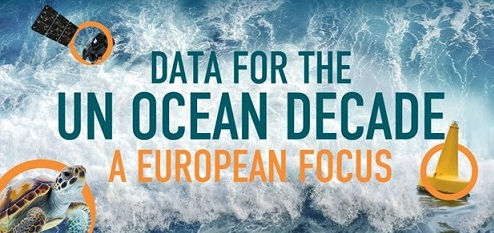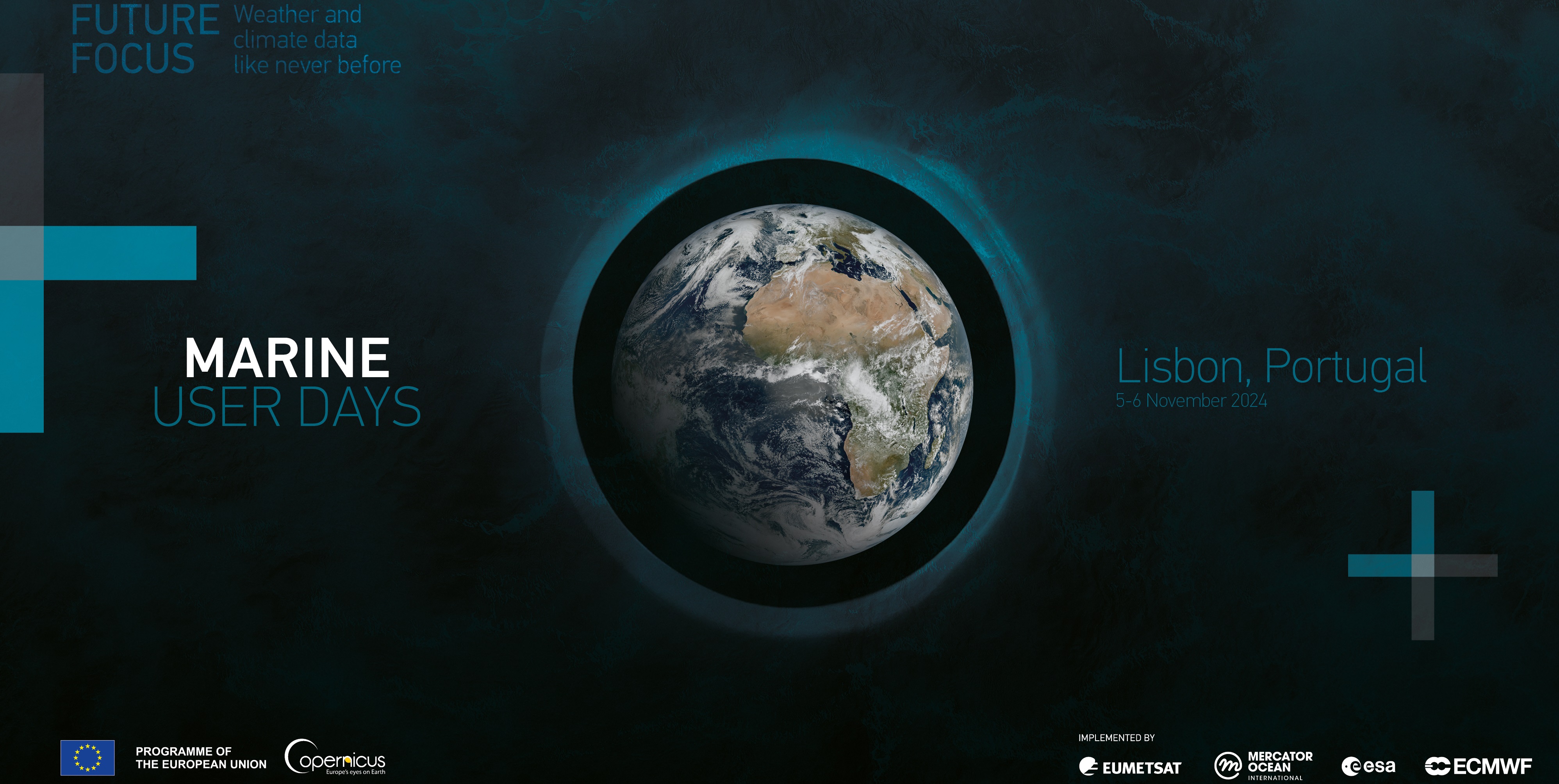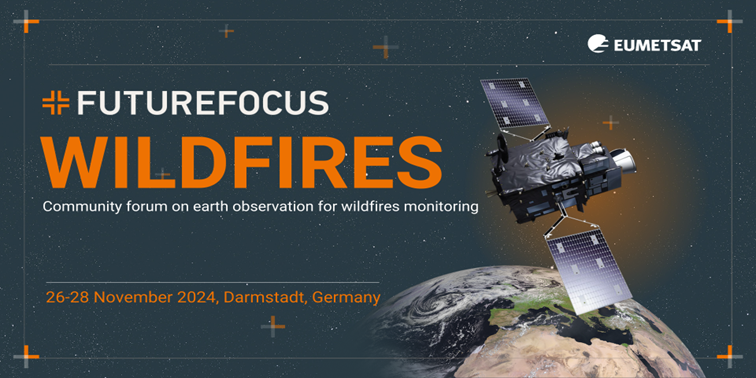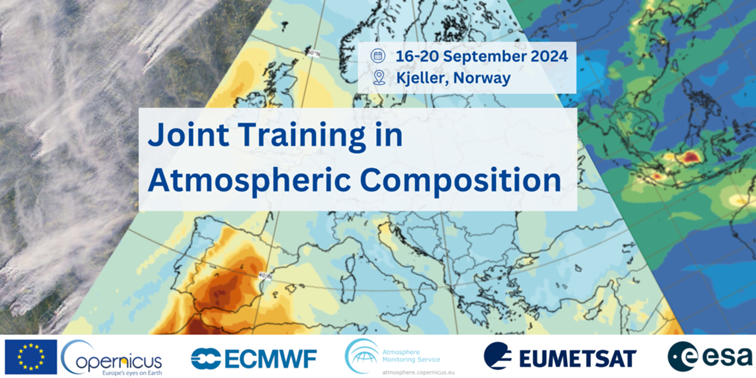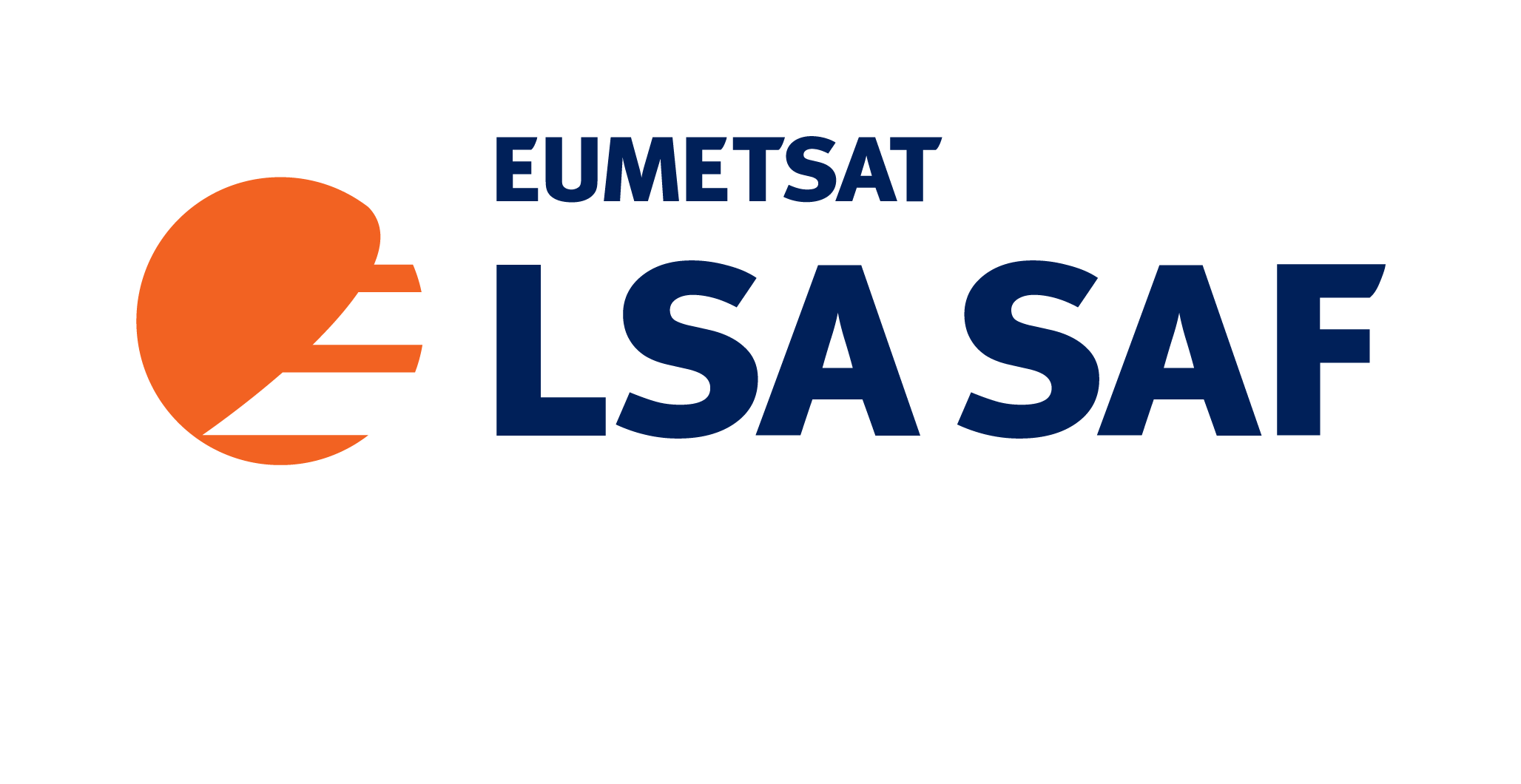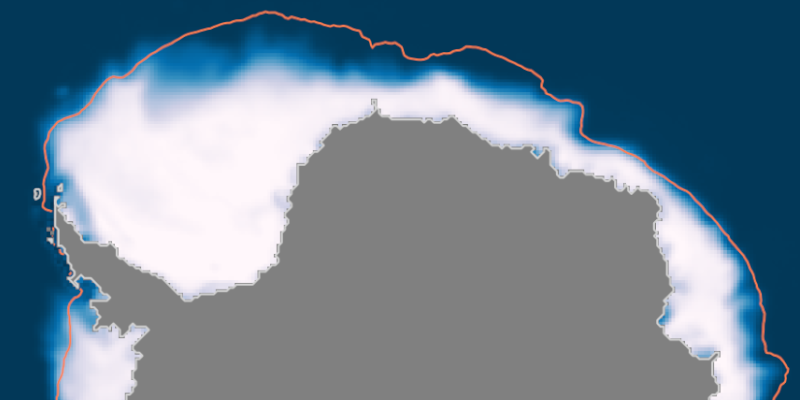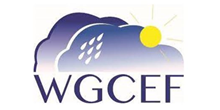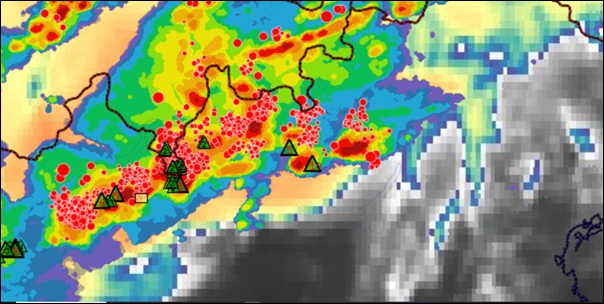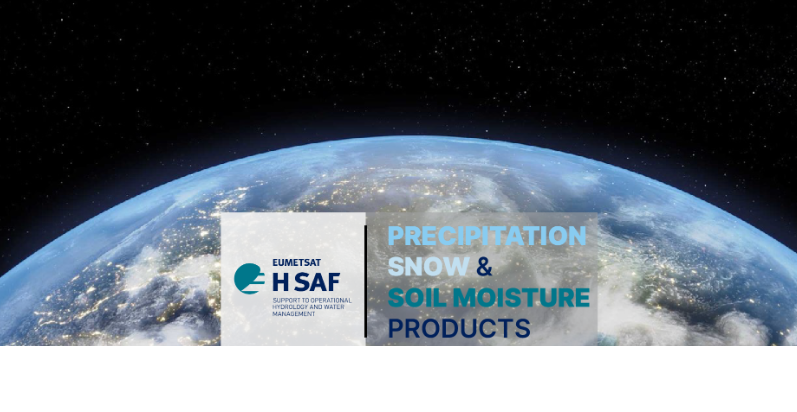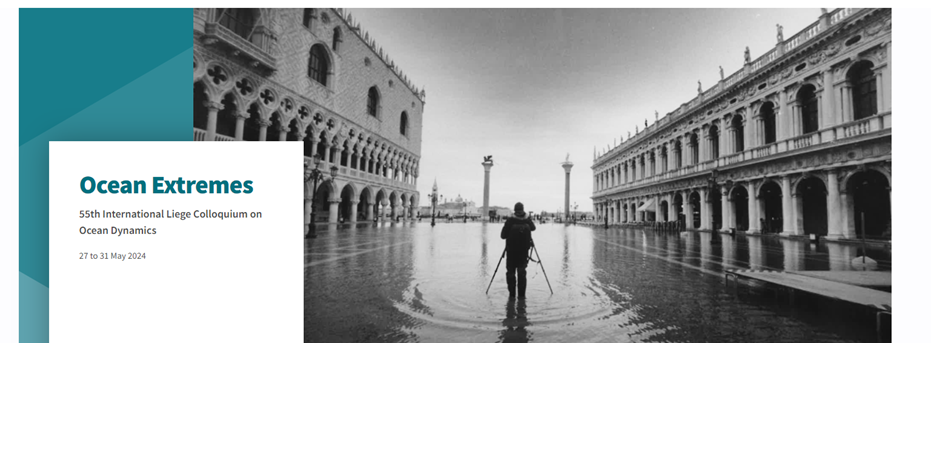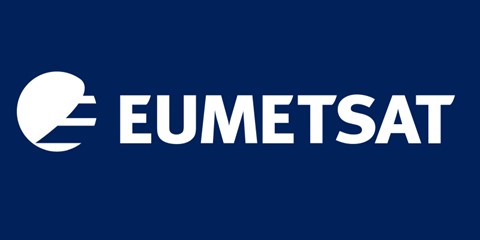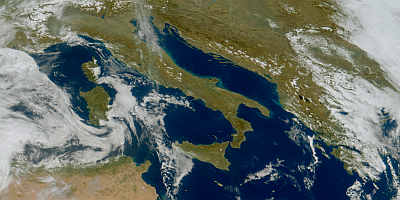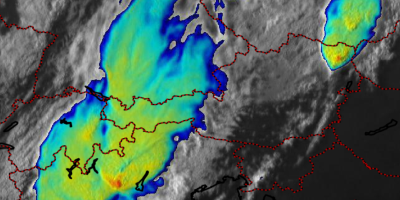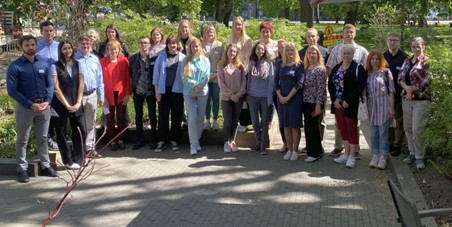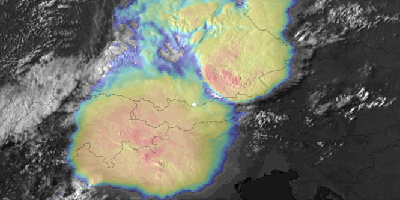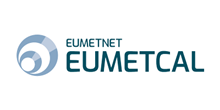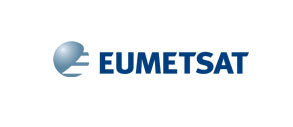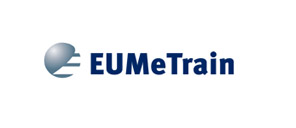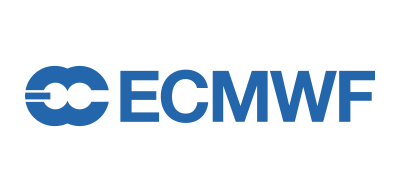
EUMETSAT Meteorological Satellite Conference 2024
30 September - 4 October 2024 / Würzburg, GermanyThe 2024 EUMETSAT Meteorological Satellite Conference, as a key annual event for the meteorological and scientific communities in satellite remote sensing, will take place in Würzburg, Germany. EUMETSAT will be joined in the organisation and hosting of the event by the Deutsche Wetterdienst (DWD), the national provider for weather and climate services in Germany. The theme of this year’s annual EUMETSAT conference is “The Earth Observation value chains for weather, climate and hydrosphere”. Participants from around the world can meet to share their experience and knowledge during plenary, poster, and workshop sessions.
The conference will host several side meetings/workshops, including a meeting of weather forecasters attending the conference. A workshop on MTG data access and visualisation using Jupyter Notebooks will be offered, as well as a session on training activities.
View the interactive conference programme /abstract brochure.
Registration to attend the conference is still open. Register here.

